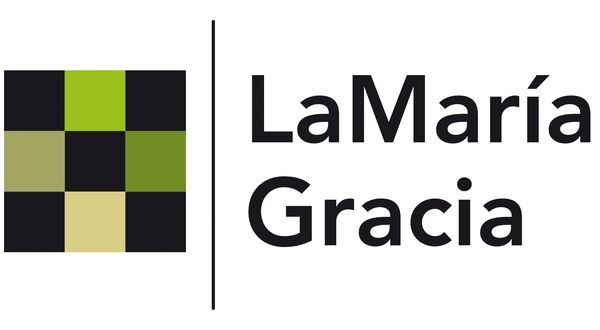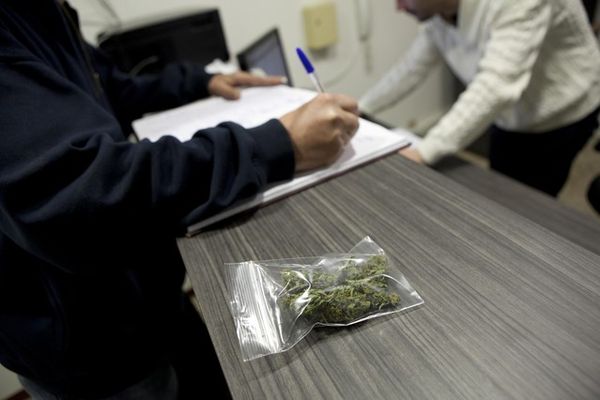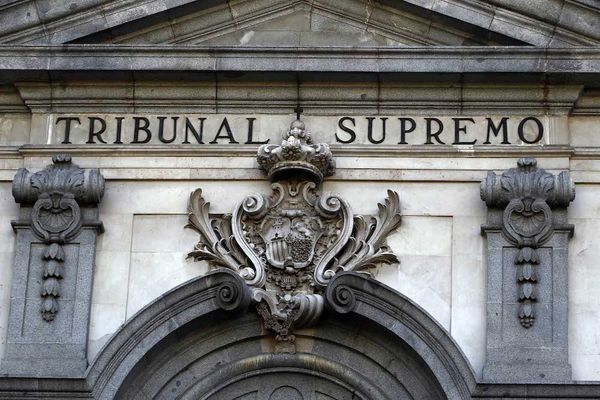- The Supreme Court of Spain has acquitted the president and a board member of the María de Gracia Club Association in Barcelona in the belief that their conduct involved an unavoidable mistake of law (the belief that they were acting within the law) resulting from a report from the Prosecutor’s Office that showed no objection to the club being registered in the Register of Associations as no evidence of offence was detected in its statutes. Will this Supreme Court decision represent a landmark after previous sentences that had convicted other cannabis social club managers? Here we shall explain the key aspects of this turn in the Supreme Court’s doctrine.

In May 2015, the Fifth Chamber of the Provincial Court of Barcelona had already absolved a number of defendants from the Maria de Gracia cannabis club, for whom a six-month imprisonment sentence was being requested for an offence against public health, on account of allegedly selling cannabis “indiscriminately” to its 400 members. The Criminal Division of the Supreme Court has now confirmed the sentence passed by the Provincial Court and thus rejects the cassation appeal filed by the Prosecution, whose purpose was that the club managers be condemned for both drug trafficking and unlawful association.
However, the sentence points out that it does not share the arguments for acquittal of the Provincial Court of Barcelona, as the latter were based on the perception of a shared use that was not punishable by law, whereas the decision of the Supreme Court is linked to an unavoidable mistake of law (the belief to be acting within the law) as the Prosecutor’s Office failed to veto the association’s statutes when they were presented.
The María de Gracia association presented its statutes at the Register of Associations of the Government of Catalonia and the Directorate General of Law and Legal Entities ordered its registration in the Register on 22 March 2012, with the previous, favourable report of the Provincial Prosecutor’s Office of Barcelona, dated 1 February 2012.

In this case, the Supreme Court has remarked on the existence of a differential factor regarding other sentences passed in similar cases, such as that of 7 September 2015, which led to the conviction of the Ebbers cannabis club managers in Bilbao for the same reasons. The Supreme Court holds that the new sentence does not contradict this case law, as there is a difference in that the Directorate General of Law and Legal Entities of Catalonia, prior to agreeing upon the registration of the María de Gracia Association in the Register of Associations, had requested a report from the prosecution service, which had not been the case in the Bilbao affair.
The Catalan Prosecutor’s Office unequivocally assessed the Catalan club on 1 February 2012, alleging that, as written, the statutory rules showed no intention to foster illegal drug use, as its activities were confined to a non-public area reserved for its members, all of legal age.
It is the view of the Second Division that, due to this Prosecutor’s Office report, there has been an unavoidable mistake of law in the case of the María de Gracia club, which exempts its managers from criminal liabilities as they believed they were acting in accordance with the law.
The sentence argues that the president and the board member of this association, on seeing the prosecutor’s report of 1 February 2012, were under no obligation to look for and refer to another reliable source of information in order to make sure that theirs was a legal activity. This report therefore explicitly certified the association’s legality and it was not possible to find a more authoritative source of knowledge to verify this view.
It is also maintained by the sentence that such actions carried out by the police as the seizure of various amounts of marijuana from club members who obtained it there or the seizure of the venue itself obviously bear on “activities that represent the main purpose of the association, regarding which the prosecution service raised no objection in its report.”

The difference with the so-named “Ebbers affair” in Bilbao, according to the Supreme Court, lies in the fact that the court at the time saw that there was a mistake of law involved, albeit of an avoidable nature as the defendants did nothing to overcome the mistake or dissipate any doubts about the legality of their activity. That there was indeed a mistake, if an avoidable one, meant that the convictions of the Ebbers club managers were reduced.
The sentence therefore insists that there is no contradiction between this decision and the resolution of the Ebbers affair, there being a differential factor that justified a different solution to that agreed upon in the sentence of the Jurisdictional Plenary Session with which the relevant legal doctrine was established.
What does emerge, however, is that the struggles of cannabis clubs in the courts will depend on the analysis of the particular circumstances of each case, as a greater precision is needed to determine the limits within which the activities of any such club may or may not constitute criminal behaviour. As long as a full regulation fails to materialise, these associations and their users will remain defenceless.


Comments from our readers
There are no comments yet. Would you like to be the first?
Leave a comment!Did you like this post?
Your opinion about our seeds is very important to us and can help other users a lot (your email address won't be made public).